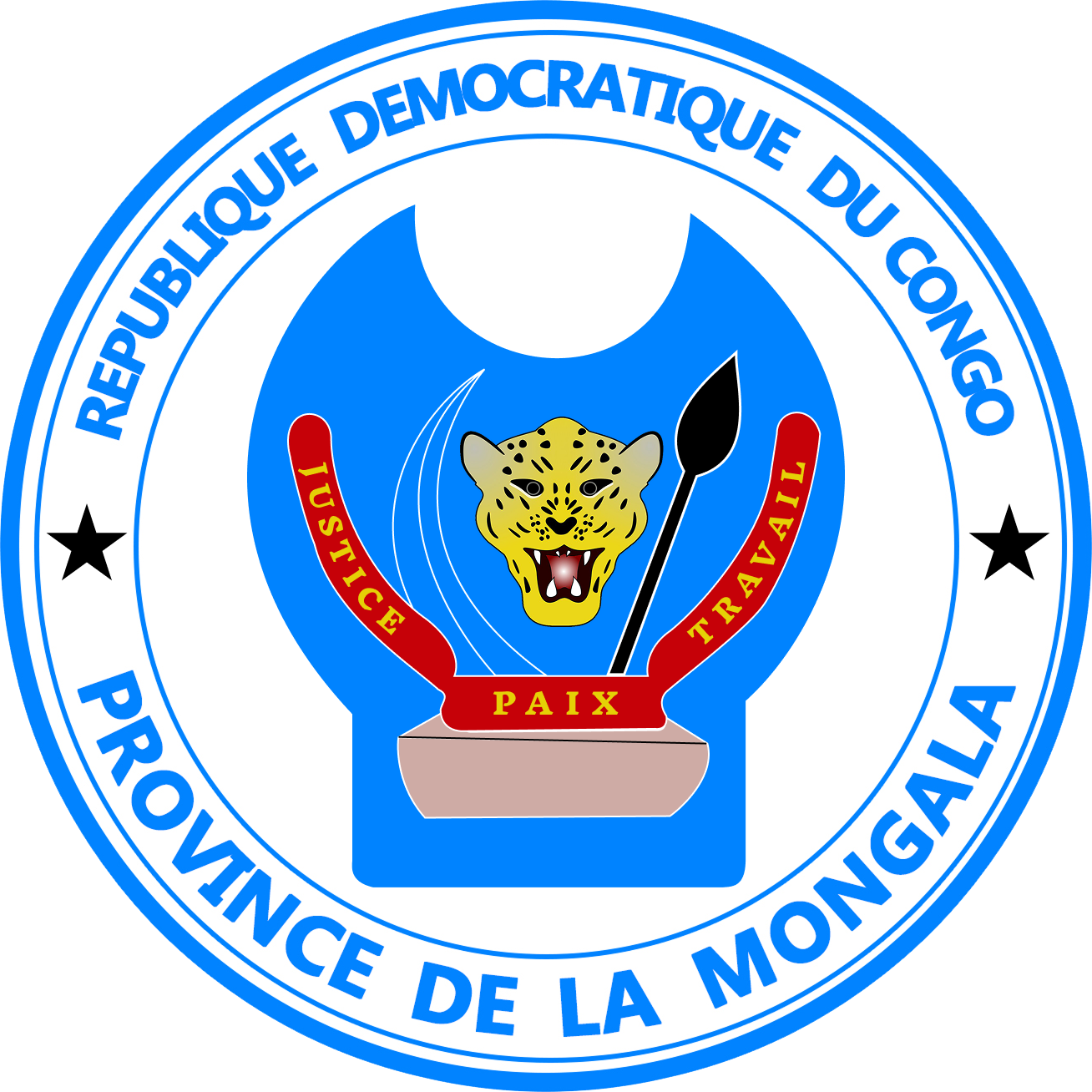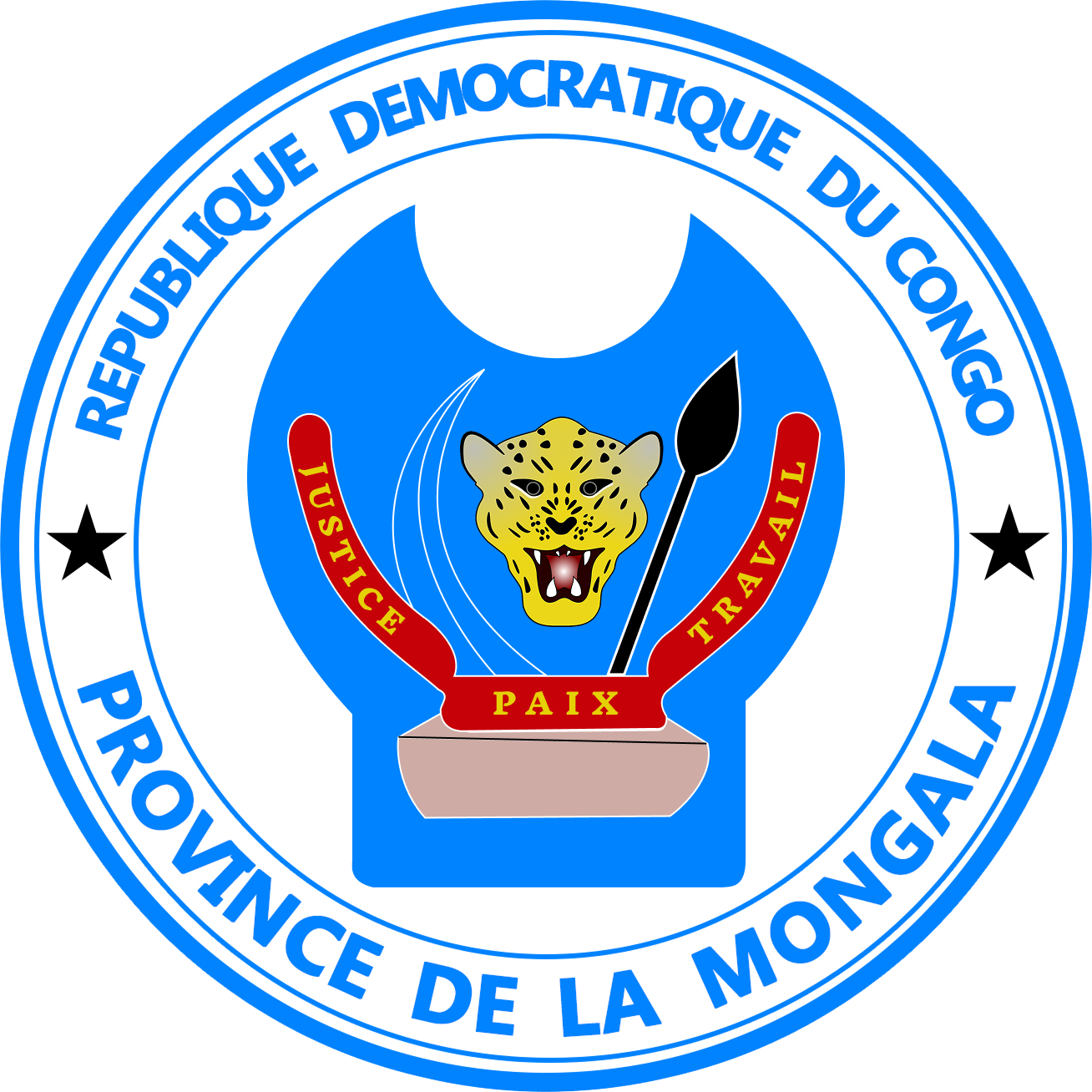🌿 Conservation Programs in Mongala Province
Mongala Province is home to rich biodiversity, dense forests, and vital water bodies, making conservation efforts essential to protecting its wildlife, ecosystems, and indigenous communities. Various government agencies, NGOs, and local communities are actively involved in conservation programs aimed at forest protection, wildlife preservation, and sustainable resource management.
1️⃣ Forest Conservation & Reforestation Initiatives 🌲
📍 Where: Mongala’s tropical rainforests, including protected forest reserves
🔹 Best for: Environmentalists, researchers, and nature lovers
Mongala’s rainforests are part of the Congo Basin, one of the world’s most important carbon sinks. Deforestation due to logging, agriculture, and settlement expansion poses a major threat. To combat this, local and international conservation groups have launched initiatives to restore degraded lands, promote sustainable forestry, and protect primary forests.
🌱 Key Programs & Projects
-
Community Reforestation Programs: Local farmers are trained in agroforestry techniques to plant native trees and prevent soil degradation.
-
Sustainable Logging Regulations: The government enforces strict rules on commercial logging companies to limit deforestation.
-
Carbon Credit Initiatives: International programs help Mongala’s forests contribute to global carbon offset projects.
-
Forest Monitoring Systems: NGOs use satellite technology to track illegal deforestation and land use changes.
🌍 Why It Matters?
✔ Protects biodiversity and wildlife habitats
✔ Prevents soil erosion and maintains ecosystem balance
✔ Supports sustainable livelihoods for local communities
2️⃣ Wildlife Protection & Anti-Poaching Efforts 🦍
📍 Where: Wildlife corridors and national parks within Mongala
🔹 Best for: Conservationists, wildlife photographers, and ecotourists
Mongala’s forests are home to diverse wildlife, including elephants, leopards, antelopes, and rare bird species. However, illegal poaching and habitat destruction threaten many species. Conservation programs work to protect wildlife through law enforcement, habitat preservation, and community engagement.
🦓 Key Wildlife Conservation Projects
-
Anti-Poaching Patrols: Trained rangers conduct regular patrols to prevent illegal hunting.
-
Community-Based Wildlife Conservation: Villages near wildlife areas are involved in ecotourism and benefit financially from conservation efforts.
-
Rescue & Rehabilitation Centers: Injured or orphaned animals are cared for before being released back into the wild.
-
Species Monitoring Programs: Scientists use GPS tracking and camera traps to study animal populations and migration patterns.
🌍 Why It Matters?
✔ Prevents extinction of endangered species
✔ Promotes responsible ecotourism in Mongala
✔ Strengthens law enforcement against wildlife trafficking
3️⃣ Sustainable Fisheries & River Conservation 🐟
📍 Where: Mongala River, Congo River, and local fishing villages
🔹 Best for: Fishermen, ecologists, and water conservationists
Mongala’s rivers and lakes provide a livelihood for thousands of local fishermen. However, overfishing, pollution, and habitat destruction threaten aquatic ecosystems. Conservation programs focus on sustainable fishing practices, pollution control, and water resource management.
🌊 Key River & Fisheries Conservation Projects
-
Sustainable Fishing Regulations: Limits on net sizes, fishing seasons, and protected zones to prevent overfishing.
-
Community Fisheries Management: Local fishermen are trained in eco-friendly fishing techniques.
-
River Cleanup Campaigns: NGOs organize awareness programs to reduce plastic waste and water pollution.
-
Mangrove & Wetland Protection: Restoration of riparian forests and wetlands to maintain healthy water systems.
🌍 Why It Matters?
✔ Ensures long-term fish supply for local communities
✔ Protects river ecosystems and biodiversity
✔ Reduces water pollution and soil erosion
4️⃣ Indigenous & Community-Led Conservation 🏡
📍 Where: Rural and indigenous villages across Mongala
🔹 Best for: Cultural conservationists, anthropologists, and sustainability advocates
Indigenous communities in Mongala have coexisted with nature for centuries, using traditional knowledge to manage forests, rivers, and wildlife sustainably. Many conservation programs focus on empowering these communities as key partners in environmental protection.
🌍 Key Indigenous Conservation Initiatives
-
Traditional Ecological Knowledge (TEK) Preservation: Documenting ancestral land management techniques for modern conservation efforts.
-
Eco-Friendly Agriculture Programs: Promoting permaculture and crop rotation to reduce land degradation.
-
Sustainable Livelihood Alternatives: Training locals in honey production, eco-tourism, and handicrafts to reduce dependency on deforestation.
-
Indigenous Land Rights Protection: Legal support for communities to preserve ancestral lands from illegal exploitation.
🌍 Why It Matters?
✔ Respects and integrates local knowledge into conservation
✔ Strengthens indigenous communities’ role in environmental stewardship
✔ Balances conservation with sustainable development
5️⃣ Climate Change Adaptation & Resilience 🌡
📍 Where: Across Mongala Province
🔹 Best for: Climate activists, researchers, and policy advocates
Mongala faces rising temperatures, erratic rainfall, and extreme weather events due to climate change. Conservation programs include climate adaptation strategies to protect both the environment and local livelihoods.
🔥 Key Climate Resilience Programs
-
Drought-Resistant Crops: Training farmers to use climate-resilient agricultural techniques.
-
Flood Prevention Infrastructure: Developing riverbank reinforcement projects to protect communities from flooding.
-
Renewable Energy Promotion: Expanding the use of solar energy and biomass alternatives to reduce deforestation.
-
Climate Awareness Campaigns: Educating communities about sustainable land use and disaster preparedness.
🌍 Why It Matters?
✔ Helps local communities adapt to climate change
✔ Protects natural resources from climate-related damage
✔ Supports a greener and more sustainable future
✨ Conclusion
Mongala Province’s conservation programs are crucial for protecting forests, wildlife, rivers, and communities. These initiatives not only preserve biodiversity but also promote sustainable development by empowering local populations and encouraging responsible natural resource management.


